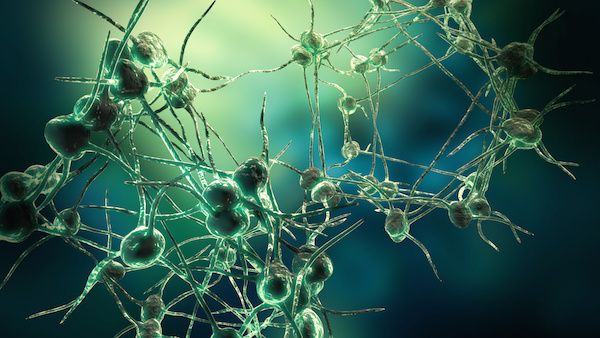
THURSDAY, Jan. 10 (HealthDay News) — Children whose mothers were exposed to high pollen levels in late pregnancy are at increased risk for asthma at a young age, a new study reports.
Previous research has found that children born during pollen season are at increased risk for allergies. While pollen season arrives regularly, pollen levels can vary significantly from year to year. Few studies have examined the effect that pollen levels during pregnancy and after birth can have on children.
In this study, researchers at Umea University in Sweden looked at about 110,000 children born in Stockholm.
The investigators found that children born to mothers who were exposed to high pollen levels during the last 12 weeks of pregnancy had a significantly increased risk of hospitalization for asthma symptoms in the first year of life.
The study by Adrian Lowe and colleagues recently appeared in the journal Allergy, Asthma and Clinical Immunology.
Although the study ties infant asthma to maternal pollen exposure, it does not establish a cause-and-effect relationship.
There may be several reasons for the new finding, the researchers said in a university news release.
Pregnant women with pollen allergies who are exposed to high levels of pollen can experience allergic reactions and asthma symptoms that may also affect their unborn child’s environment and immune system development, the study authors suggested.
Also, pregnant women with severe reactions to pollen may suffer complications and give birth earlier than normal, which increases a child’s risk of respiratory problems, they added.
More information
The American Lung Association has more about children and asthma.

